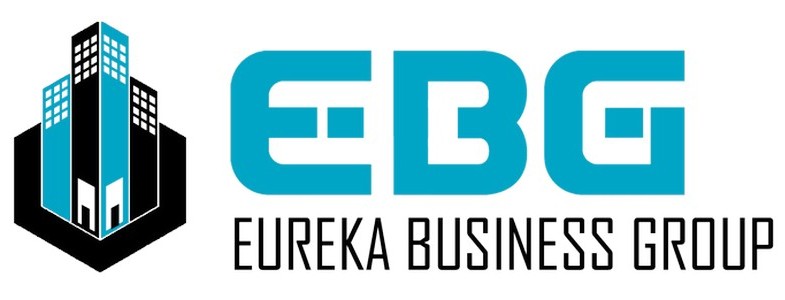- Home
- Retail
- Retail Investors Resources
- How To Spot Key Elements in a Commercial Lease: Lockouts
How To Spot Key Elements in a Commercial Lease: Lockouts
Hey everybody, Joseph Gozlan with Eureka Business Group. And today we’re going to continue our series about how to spot key elements in commercial leases. We’re going to talk about a section called lockout or a section called defaults and remedies. In your lease it exists in any commercial lease.
We’re going to talk about what it means to your tenant It doesn’t mean for a landlord. We’re going to cover both ends of it the concept of defaults just like in residential leases Is when you don’t pay rent or when you don’t do things that you’re supposed to do As part of the terms in your lease Nine times out of 10, we’re talking about the tenant not paying rent on time.
We’re not paying rent at all. And that’s what we’re going to cover today. There are going to be a lot of other reasons why a landlord would decide you’re in default of your contract, but this is the main one. So that’s why we’re going to focus on that one. So if I’m the tenant and let’s focus on a tenant perspective for a second, and I’m struggling, or I have, I have some hiccups with my finances for the month and I’m behind on my rent.
The most important thing you can do is communicate with the landlord or communicate with the property management company. Nobody’s interested in kicking you out if it’s a temporary thing. And if you’ve been good so far, you’ve been paying your rent on time every month and you just have a hiccup, the landlord is going to work with you because they have no interest in the vacancy, they have no interest in paying TI budgets again, they have no interest in this whole situation, they just want to get the rent.
So as long as there’s communication and there’s a clear path of paying your rent and you’re going to follow up on that path, that’s the best solution. But you have to understand that you sign a contract and that contract is not like your residential contract where they’re going to have to file eviction with courts and they’re going to have to go through this process.
Most of the contract we see here in Texas. Literally says that the landlord can lock you up with a five day notice. And what does a lockout mean? It means they can come in and change the locks to your space. And leave you outside without giving you the key until you pay your rent. If you’re a business owner being locked out of your Space means no customers means no income means your business is shut down So do whatever you can not to be in that situation.
There is no landlord I know that would take away that clause so trying to negotiate it out At best, you can negotiate the length of the notice required, but I haven’t seen a landlord give up lockout and the remedies for defaults kind of section. The escalate from a lockout is basically terminating the lease.
The landlord can terminate the lease if you’re in default without any proceedings, that there’s no need other than whatever is in the contract. Normally, it’s just a few days notice and that’s it. So be very careful understanding your default and remedies contract clause. And knowing what the consequences could be if you’re not following your lease.
Now we’re going to switch over to look at the landlord’s perspective. This is the most important clause in your contract as a landlord because that gives you the option to take action if the tenant doesn’t pay rent or if the tenant is creating issues on the property or if the tenant is not following any of the Critical terms in the lease that would put them in default.
Again, every state is different. Make sure you follow your state laws. But here in Texas, our standard forms and our standard contracts have defaults and remedies. Almost every contract has default and remedies. And within five day notice, we can lock the tenant out and we can also terminate the contract if they’re not paying rent or if they’re not following the instructions and the terms in their lease.
So it’s a very important clause. Make sure your leasing agent, whoever puts your contract together, have that in there and it’s tight and it’s, Correct, because that’s the most important tool you have to enforce the lease. So that’s it for today, it was a short one just talking about the default on remedies and specifically the lockouts.
The landlord can change the locks on your business and essentially put you physically outside of business and you won’t be able to accept customers. And it’s very hard consequences for a business owner. So pay your rent, pay the, pay your time, adhere to your contract terms, and that should be okay. But the most important thing, like I said, at the beginning, communicate with our communication, the other side doesn’t know what’s going on.
Hope that this was helpful for everybody, both tenants and landlords. If you need any help with. Commercial real estate in the Dallas Fort Worth. We specialize in retail. My name is Joseph. I’m with Eureka Business Group. If you like this video, please subscribe to our channel and check out the entire series of how to spot key elements in a commercial lease.
Thank you. We’ll see you soon.

Joseph Gozlan, Managing Principal
Email: Joseph@EBGTexas.com
Direct: (903) 600-0616

